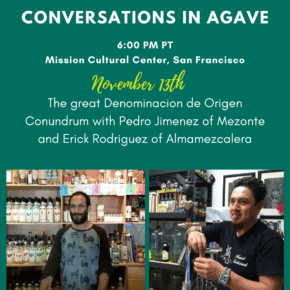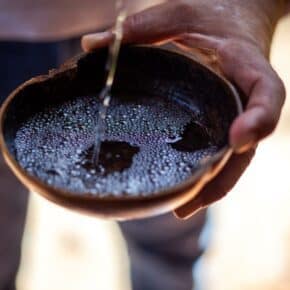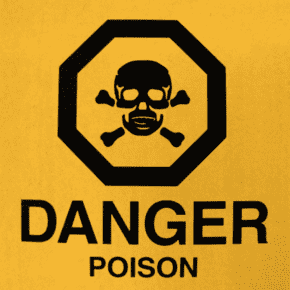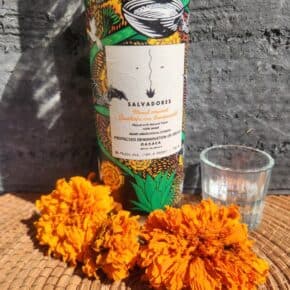In December of 1994, 20 people died of alcohol poisoning in Morelos. An article at the time cited methanol poisoning as the root of these deaths.
Since then, mezcal certification authorities have repeatedly used the threat of this sort of tragedy as a justification for their chemical standards. They have argued or implied that, when the word “mezcal” means that the spirit has been chemically certified, it is then safe to drink. That is, the mezcal certification is a good housekeeping seal of safety that customers can believe in.
The problem with this claim is that much of the uncertified mezcal headed for the export market is also chemically assayed because exporters want to know the contents of their spirits and, in some cases, need to provide that information to foreign countries. Perhaps the bigger issue is that it negates the skill of the distillers who have been successfully producing mezcal for generations in their villages. The entire image of mezcal is built on this fact, that rural distillers have been making it without the aid of industrial processes.
The worst thing about this entire discussion is that alcohol poisoning is actually a huge problem. This sort of tragedy continues to the present with recent deaths reported in various Mexican states and globally. But, at least in the published sources that I have found, deaths and serious injuries appear restricted to homemade spirits. And, by homemade, these sound like spirits that were actually concocted as a mix of things like pure alcohol rather than the product of a skilled distiller.












Leave a Comment